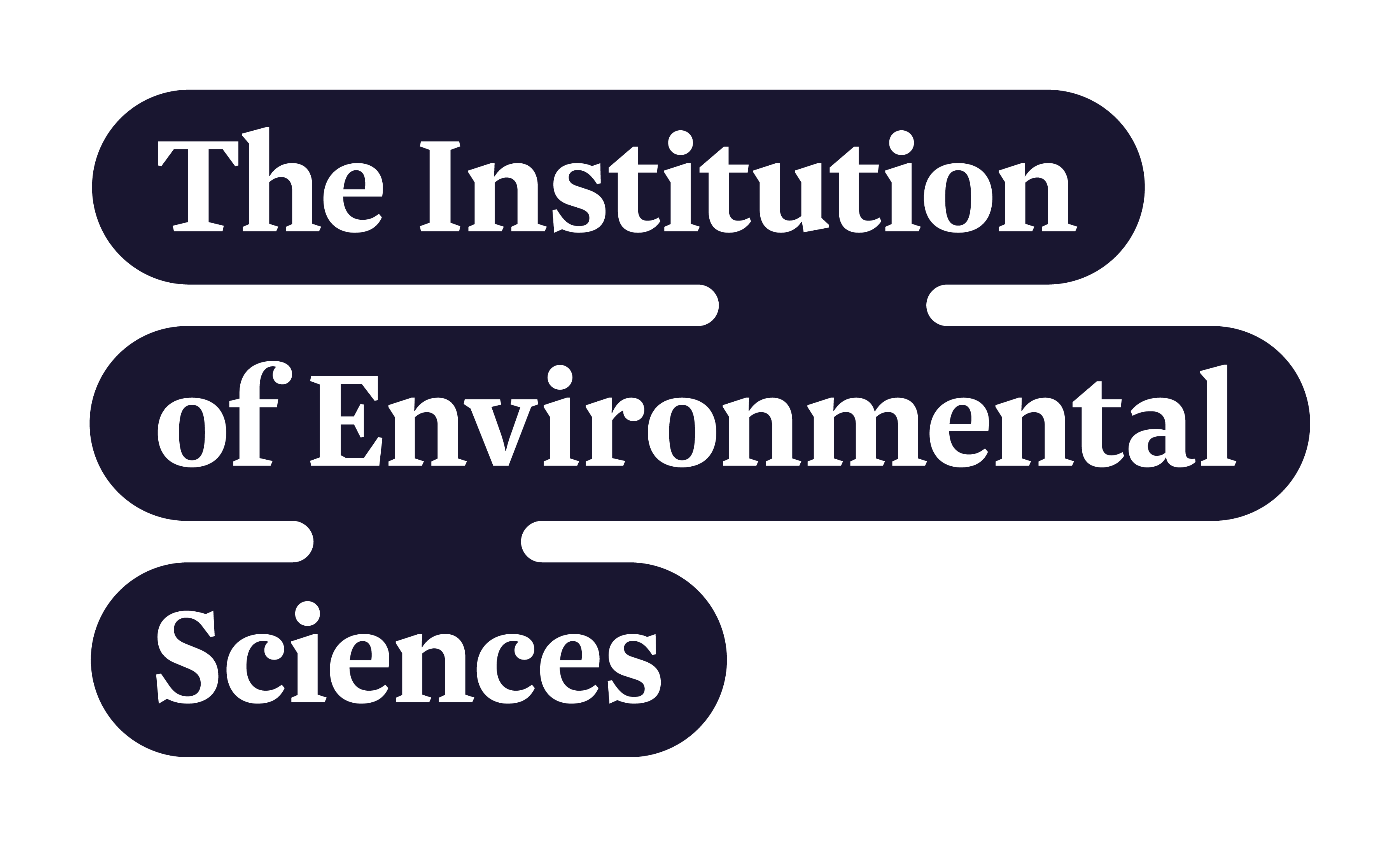Water Commission: What next?
Joseph Lewis is Head of Policy at the Institution of Environmental Sciences, working to promote the use of the environmental sciences in decision making. Joseph leads the delivery of the IES Policy Programme, standing up for the voice of science, scientists, and the natural world in policy.
Joseph has ten years of experience in public policy, including in Parliament and the charity sector. He is particularly passionate about science communication and the role it can play in shaping environmental decisions.
As summer began, the work of the Cunliffe Review reached its end. A final report has now been published, with a plethora of recommendations and analysis to support them. This represents a comprehensive overview of the actions that the Independent Commission believes will be necessary to support the transformation of the water sector in England and Wales.
While the full 464-page report has far too much detail to cover everything at a glance, we’ve taken the opportunity to pull out some of the highlights beyond the headlines, providing IES members working in water with the latest updates.
Crucially, the report itself is not a change in policy. Its recommendations are exactly that, and it falls to the governments of England and Wales to determine whether they will be accepted, and how they will be implemented in practice. The most pressing implication for environmental professionals is to support that process of adoption, helping to make the systemic vision presented in the final Cunliffe Report a reality.
What’s in the report?
- Filling in the details: Where the interim report was clear about the direction of travel, the final report provides the details of exactly what the Commission feels is needed, with 88 recommendations setting out specific actions.
- A systemic approach: When the interim report called for a systemic approach, it was welcomed by the sector. That approach continues in the final report, which recommends systems planning with a view to the regional scale, national water strategies in each of England and Wales, and a strategic approach to resilience through statutory resilience standards, increased regulatory oversight, and an expansion of RAPID (the Regulators’ Alliance for Progressing Infrastructure Development).
- Detailed recommendations on regulation: Across the full 88 recommendations, the report provides considerable detail of how reforms are envisaged, including suggestions for the reform of economic regulation, improved cost recovery from industry to support the self-sufficiency of regulatory services, and actions to help planning systems better support critical water infrastructure through NSIP (Nationally-Significant Infrastructure Projects) and Permitted Development Rights.
Has anything changed from last time?
- A new focus on strategic communications: The final report adds new suggestions about the Government’s strategic communications around water, calling for “government to change its narrative around the sector” and provide more transparent, balanced commentary on the full range of factors affecting water quality, with more direct statements about where progress is being made.
- Constrained discretion: At the time of the interim report, the Commission was still considering the Corry Review’s framework around ‘constrained discretion’, but the final report recommends its adoption in several areas of regulation, alongside calls for new legislation to simplify regulatory frameworks. The concept of constrained discretion is that “within a set of constraints or guardrails, regulators have discretion to determine how best to deliver outcomes”, as opposed to the current approach where different regulators have different levels of discretion.
What has the government already announced?
- An integrated regulator: As soon as the report was released, the Government confirmed its intention to implement one of the most dramatic recommendations, merging key functions of Ofwat and the Drinking Water Inspectorate with some of the responsibilities of the Environment Agency and Natural England to create an integrated water regulator.
- An end to operator self-monitoring?: Both the interim and final reports of the Cunliffe Review recognise the importance of effective monitoring. The Government has accepted the recommendation to ‘significantly reform’ operator self-monitoring, suggesting the move towards open monitoring with clearer lines of accountability. If the full recommendations of the review are adopted, there would be an even stronger monitoring landscape, including a review of future water monitoring programmes, supported by adequate resourcing.
What does it mean for you?
When we discussed the interim report earlier in the year, the big implication for environmental professionals was that the prospect of systemic change was now on the horizon… as long as the Government acts on the Commission’s advice. After the final report, that headline has not changed, though we now have more information about some of the details beyond that headline.
For environmental professionals, the move to a single integrated regulator may mean less complexity but also the potential to address water regulation from a more integrated, systemic perspective. However, it cannot become a surrogate for the actual systemic changes needed to transform water systems in England and Wales. As the report recognises, no one action will be enough. The move to an integrated regulator cannot absolve the Government of the responsibility of taking the other actions needed to make systemic change a reality.
If the full recommendations are adopted, the regulatory landscape may be shifted even further through new simplifying legislation and the prospect of ‘constrained discretion’. In each case, a lot will depend on what they look like in practice. A more flexible and common-sense approach to regulation would be welcome, as long as the ‘guard rails’ constraining the use of discretion are appropriate and proportionate, rather than unduly limiting. For professionals, this should be a reminder to stay on top of policy monitoring, so that when regulatory changes come down the line, all the nuances are already familiar to you.
The call for more balanced communications about the performance of water companies will be welcomed by environmental scientists, because understanding the complexity of factors that impact on water quality is essential to taking a systems approach. However, it also cannot be an excuse to ‘go easy’ on companies that are not meeting their obligations. The goal of nuanced and transparent communication to the public is vital but should not be a pathway back to inaction if companies do not meet their obligations.
What can we do to make the most of this opportunity?
The Commission's final report presents a generational opportunity to reform the water sector. Addressing the urgent short-term concerns around regulation and enforcement are crucial, but there is also a critical chance to deliver a sustainable long-term approach to water that acknowledges humans as part of the water system.
Water and environmental professionals must speak with one voice to make the most of the opportunity.
Communities of expertise are a vital part of that conversation. The Foundation for Water Research (FWR) is an independent community of professionals from across the water sector and related scientific specialisms.
- Stay up to date with the latest news on water by signing up for the FWR mailing list, and keep abreast of policy developments with our Essential Environment bulletin
- Read the response to the Commission’s call for evidence by the IES and the FWR
- To find out more about the wider regulatory landscape, sign up for FWR’s webinar on the economics of the Water Framework Directive
- If you found this article helpful, please join the IES or become an affiliate, to support our work to unite science and people to resolve environmental challenges
If you want to find out more about environmental policy or the training we offer for members, please contact Joseph Lewis, IES Head of Policy (joseph@the-ies.org).
Image credit: © agneskantaruk via AdobeStock


